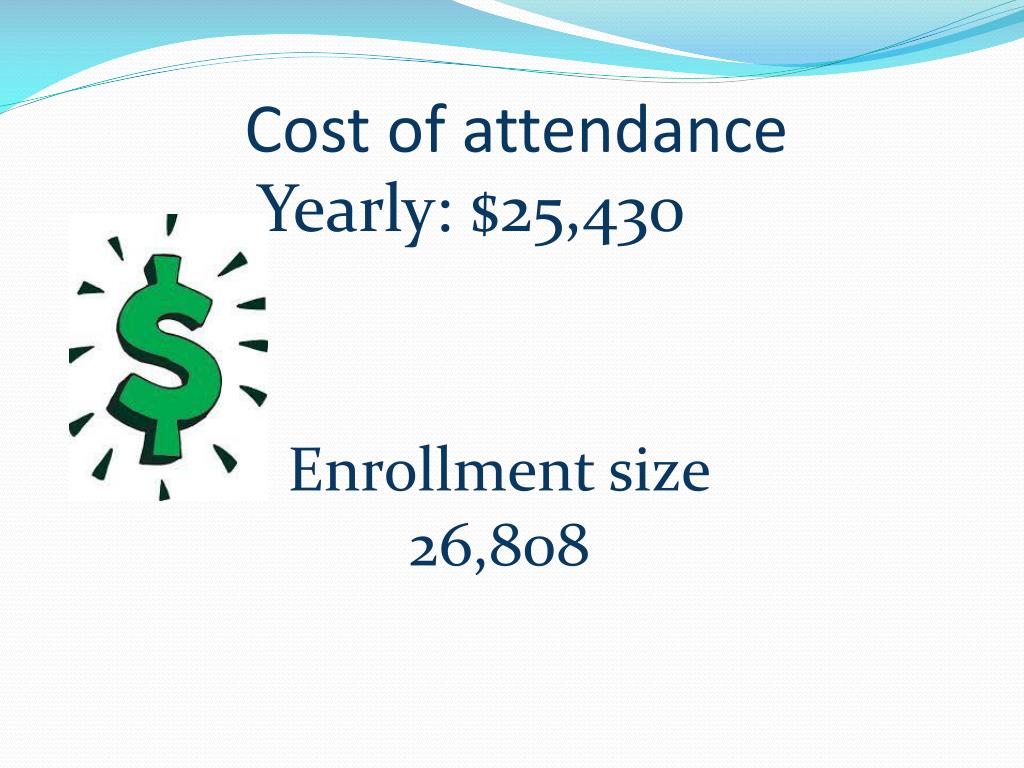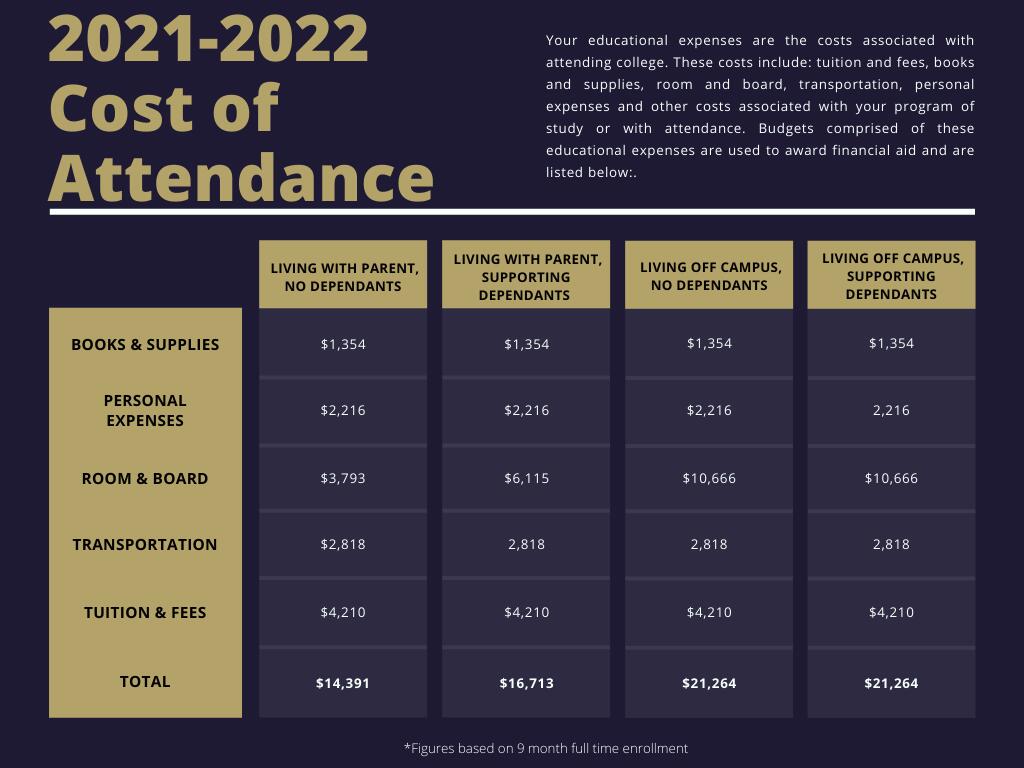Nova Southeastern Cost Of Attendance

Navigating the financial landscape of higher education can be daunting, especially when considering the cost of attendance at institutions like Nova Southeastern University (NSU). Located in Fort Lauderdale, Florida, NSU is a private research university known for its diverse academic programs, including health professions, law, business, and marine sciences. Understanding the cost of attendance is crucial for prospective students and their families to plan effectively. This article delves into the various components of NSU’s cost of attendance, providing a comprehensive breakdown to help you make informed decisions.
Tuition and Fees: The Foundation of the Cost of Attendance
The most significant expense for any student at Nova Southeastern University is tuition. As of the 2023-2024 academic year, undergraduate tuition at NSU is approximately $28,000 per semester for full-time students. However, this figure can vary depending on the program and level of study. Graduate programs, particularly in specialized fields like medicine, law, and health sciences, often have higher tuition rates. For instance, the Doctor of Osteopathic Medicine (DO) program can cost upwards of $60,000 per year.
In addition to tuition, students must account for fees, which include:
- Student Activity Fee: Covers access to campus events and organizations.
- Technology Fee: Supports IT infrastructure and resources.
- Health Insurance: Mandatory for all full-time students unless waived with proof of comparable coverage.
These fees can add 1,000 to 2,000 per semester to the total cost, depending on the program.
Housing and Meal Plans: On-Campus vs. Off-Campus Living
Housing is another major expense for students. NSU offers a variety of on-campus housing options, including traditional dorms, apartments, and suite-style living. The cost of on-campus housing ranges from 5,000 to 8,000 per semester, depending on the type of accommodation and meal plan selected.
Meal plans are typically bundled with housing and range from 2,000 to 3,500 per semester. Students living off-campus must budget for rent, utilities, and groceries separately. In Fort Lauderdale, the average monthly rent for a one-bedroom apartment is 1,500 to 2,000, which can significantly impact the overall cost of attendance.
Books, Supplies, and Personal Expenses: The Hidden Costs
Beyond tuition, housing, and meals, students must budget for books, supplies, and personal expenses. The cost of textbooks can vary widely depending on the program, but students should anticipate spending 500 to 1,000 per semester. Supplies, such as lab equipment or specialized software, can add another 200 to 500.
Personal expenses, including transportation, entertainment, and miscellaneous items, can range from 1,000 to 2,000 per semester. Students should also factor in the cost of travel, especially for those commuting or visiting family during breaks.
Financial Aid and Scholarships: Reducing the Burden
NSU offers a variety of financial aid options to help offset the cost of attendance. These include:
- Scholarships: Merit-based and need-based scholarships are available for both undergraduate and graduate students. For example, the Presidential Scholarship awards up to $20,000 per year to eligible undergraduates.
- Grants: Federal and state grants, such as the Pell Grant, can provide significant financial assistance to eligible students.
- Loans: Federal and private loans are available, but students should carefully consider the long-term implications of borrowing.
- Work-Study Programs: On-campus employment opportunities allow students to earn money while gaining work experience.
To maximize financial aid, students should complete the Free Application for Federal Student Aid (FAFSA) and explore external scholarship opportunities.
Cost of Attendance for Specific Programs: A Closer Look
The cost of attendance varies significantly across NSU’s programs. Here’s a breakdown of estimated annual costs for some of the most popular programs:
| Program | Tuition | Housing & Meals | Total Estimated Cost |
|---|---|---|---|
| Undergraduate (Arts/Sci) | $56,000 | $13,000 | $69,000 |
| Master of Business Admin | $30,000 | $13,000 | $43,000 |
| Doctor of Osteopathic Med | $60,000 | $13,000 | $73,000 |
| Juris Doctor (Law) | $45,000 | $13,000 | $58,000 |

Future Trends: Anticipating Changes in the Cost of Attendance
The cost of higher education continues to rise, and NSU is no exception. Historical data shows an average annual tuition increase of 3-5% at private universities. Students should anticipate similar increases and plan accordingly. Additionally, inflation and rising housing costs in Fort Lauderdale may further impact the overall cost of attendance.
FAQ Section
What is the average cost of attendance at NSU for an undergraduate student?
+The average cost of attendance for an undergraduate student at NSU is approximately $69,000 per year, including tuition, housing, meals, and other expenses.
Does NSU offer financial aid for international students?
+Yes, NSU offers limited financial aid for international students, primarily in the form of merit-based scholarships. International students are not eligible for federal aid but can explore external scholarships.
Can I reduce my housing costs by living off-campus?
+Living off-campus can potentially reduce housing costs, but students must consider additional expenses like rent, utilities, and transportation. On average, off-campus living can save $1,000 to $3,000 per semester.
What is the deadline for applying for financial aid at NSU?
+The priority deadline for financial aid at NSU is March 1st for the upcoming academic year. However, students are encouraged to apply as early as possible to maximize their aid opportunities.
Are there payment plans available for tuition at NSU?
+Yes, NSU offers payment plans through the Tuition Management Systems (TMS) platform, allowing students to spread tuition payments over several months.
Conclusion: Making Informed Financial Decisions
Understanding the cost of attendance at Nova Southeastern University is the first step toward making informed financial decisions. By breaking down tuition, fees, housing, and other expenses, students and their families can better prepare for the financial commitment of higher education. Exploring financial aid options, scholarships, and budgeting strategies can significantly reduce the burden and make NSU’s programs more accessible. With careful planning and research, students can navigate the financial landscape of NSU and achieve their academic and career goals.